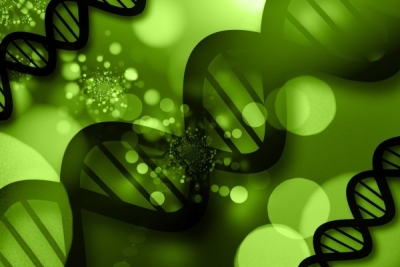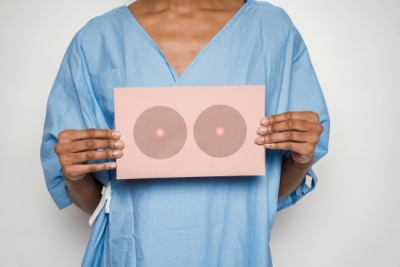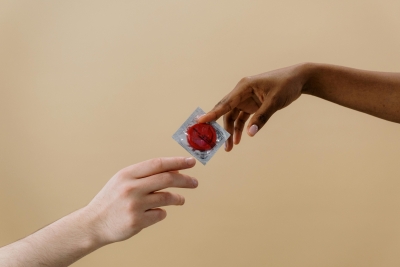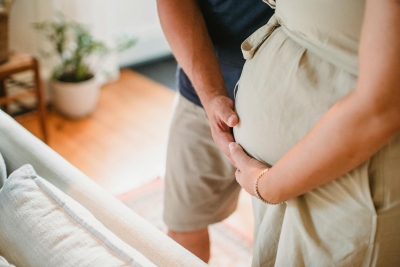The sociocultural roles, obligations and social norms of motherhood have changed in recent decades, and this new behavior may be influencing mothers' drinking habits. Mothers, traditionally, compared to women without children, tend not to consume alcoholic beverages abusively and have a lower risk of developing an alcohol-related disorder (1). However, rates of excessive alcohol consumption have increased among women in general (with and without children), signaling that we should not neglect this group.
The COVID-19 pandemic has overwhelmed women, especially mothers. A study by the National Institute on Alcohol Abuse and Alcoholism (NIAAA) observed that, in 2020, from the beginning of the COVID-19 pandemic until November of the same year, the consumption of alcoholic beverages by mothers with children under 5 years old increased 323% (2). And one of the explanations for this resounding result was that, in addition to the increase in alcohol consumption being historically associated with catastrophic events (such as the pandemic), women tend to be more likely to use alcohol as a response to dealing with stress, depression and anxiety (3).
The trend of increasing alcohol consumption among mothers and fathers in this period is probably influenced by the stress related to the pandemic, in addition to the continuous demands of childcare and home education, which are usually more burdensome for women than for men (4). In addition, the US Census Bureau described the labor market losses that women faced in 2020 as “devastating.” The US Bureau of Labor Statistics noted that, in January 2021, approximately 10 million women in the United States with school-age children were not active in the workforce, an increase of 1.4 million compared to January 2019. In addition, the report also documented that women continued to carry much more of the burden of housework and child care than men (4).
Recently, social media platforms have established themselves as a popular forum for mothers to share information and deal with the stress associated with motherhood. While these virtual communities can function as a way to share advice, they can also be used to disseminate information that is harmful to health (1), including messages about alcohol being a supportive tool to “relieve” stress.
From a false association between wine consumption and stress relief came the “winemom”. This term, and what it represents, has been showing how online environments can naturalize shared norms and beliefs around alcohol and motherhood (1).
A study aimed at describing alcohol-related content posted by mothers on the social network Instagram during the COVID-19 pandemic showed that most of the evaluated posts encouraged and/or displayed alcohol, stimulating its consumption (4). The posts, selected and analyzed through the hashtags #momjuice and #winemom, indicate that excessive consumption of wine (or other types of alcoholic beverages) is dangerously associated with a support and socialization system for mothers who are facing overload and stress during the pandemic and see the alcohol consumption as a way of obtaining relaxation or compensation after a hard day (4).
It is worth mentioning that further research should be carried out to assess and understand this new behavior of mothers, seeking to understand the role that alcohol has acquired in their lives in this context of overload. This understanding is essential to demystify the idea that alcohol consumption can solve the problems caused by an overloaded life, as well as to offer healthier alternatives and forms of support for these mothers. The recognition of the social pressures imposed on mothers, especially during the pandemic period, shows that there should be less judgment of their attitudes and more offering of support and access to attention. After all, those who care also need to be cared for.











